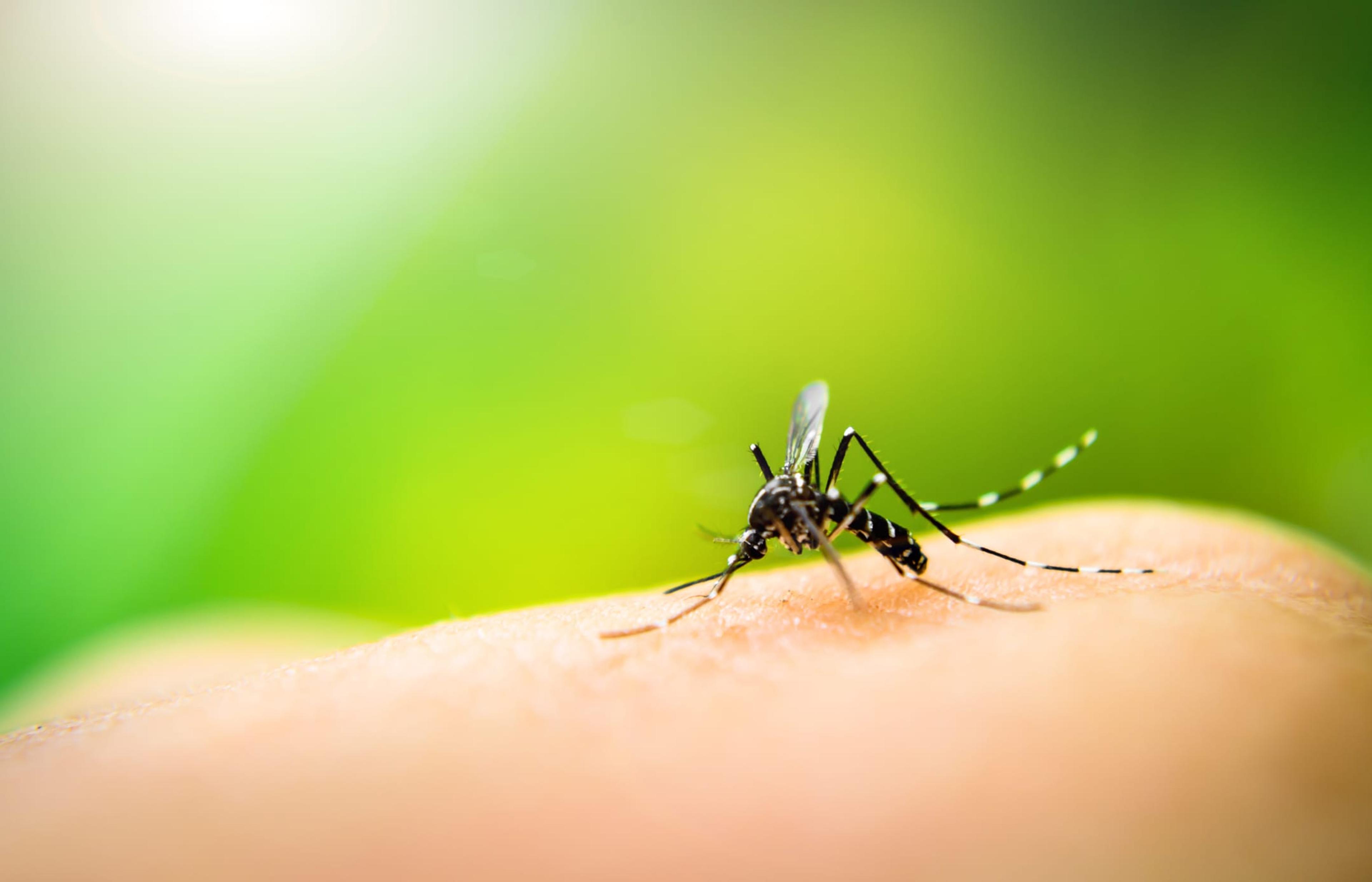What You Need to Know About EEE
Amy Barczy
| 3 min read
Amy Barczy is a former brand journalist who authored content at Blue Cross Blue Shield of Michigan. Prior to her time at Blue Cross from 2019-2024, she was a statewide news reporter for MLive.com. She has a decade of storytelling experience in local news media markets including Lansing, Grand Rapids, Holland, Ann Arbor and Port Huron.

As summer draws to a close, Michigan appears to have its first known human case this year of Eastern Equine Encephalitis. Last year, Michigan experienced the biggest outbreak of EEE that it has seen in the past decade – and the mosquitoes that carry the virus aren’t dead yet. EEE is a virus spread by infected mosquitoes. In rare cases, it can cause serious illness– including inflammation of the brain. In 2019, five people died in Michigan from the virus, and ten human cases were reported in total. During September in Michigan, warm temperatures have continued – keeping mosquito populations alive. A hard frost is needed to kill the majority of mosquitoes in the state; which isn’t expected until mid-to-late October in some parts of lower Michigan, according to the Farmer’s Almanac. The virus is active in 10 Michigan counties, as animal cases have been reported in Barry, Clare, Ionia, Isabella, Jackson, Kent, Mecosta, Montcalm, Newaygo, and Oakland counties. State officials are investigating whether a Barry County man may be the first human EEE case of the year. Efforts are underway to spray insecticide for mosquitoes in some of the affected areas. See which areas have been treated – and which areas are slated for treatment – by clicking here. Animals cannot transmit EEE to humans. People who are most at risk for contracting EEE are those who work outdoors or spend much of their time outdoors, and people over the age of 50 and under the age of 15 are at an increased risk of infection. After being bitten by an infected mosquito, it takes four to 10 days for symptoms to begin to develop. It’s rare to contract symptoms: only 4% to 5% of human EEE infections result in illness. Symptoms begin with a sudden onset headache, high fever, chills and vomiting – which may progress to disorientation, seizures and coma. People should consult with their health care provider if their symptoms include fever, malaise, headache and confusion. Horses are particularly susceptible to the disease, and a vaccine is available for them. However, there is no vaccine available for humans – which is why preventing mosquito bites is so important. Here are some prevention tips for humans:
- Use mosquito repellent containing DEET, picaridin, IR3535 or oil of lemon eucalyptus on your exposed skin and/or clothing.
- Wear long sleeves and pants, when the weather permits.
- Install screens on windows and doors, and make repairs to ensure screens are secure.
- Get rid of mosquito breeding sites by emptying standing water from buckets, bird baths, barrels, flower pots and tires.
If you found this post helpful, you might also want to read:





